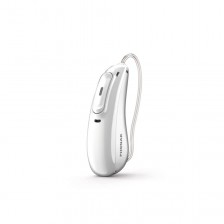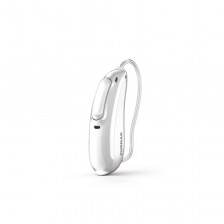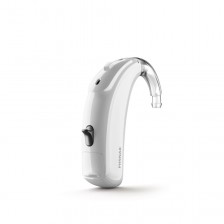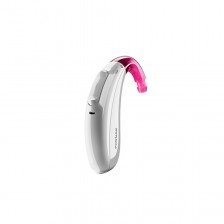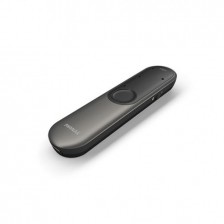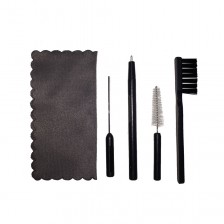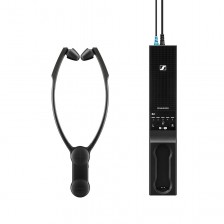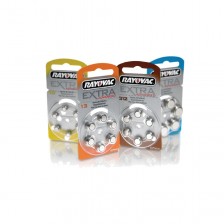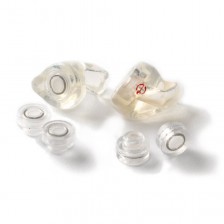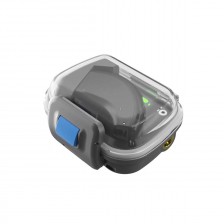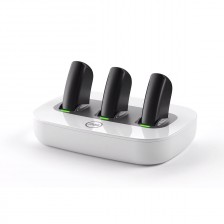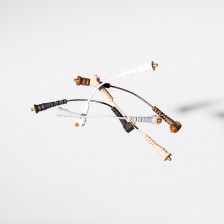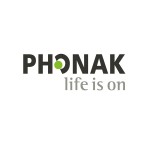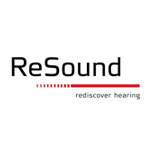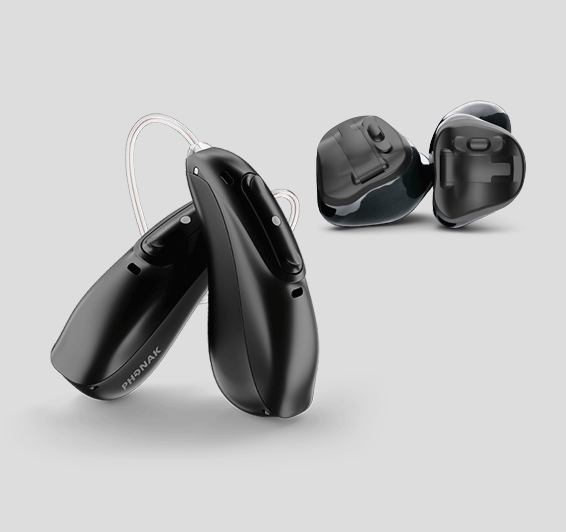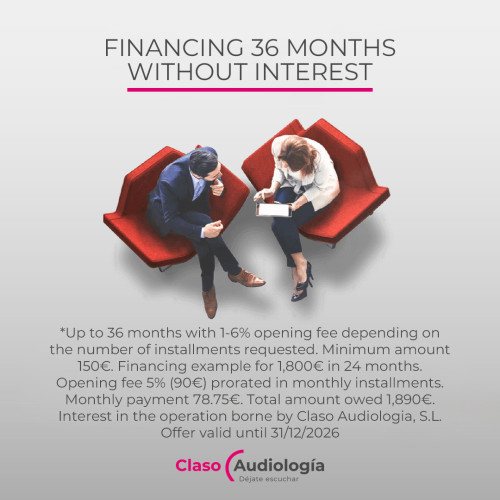Can hearing aids damage the hearing?

As a society, we are increasingly aware of the health problems that can result from noise. Information campaigns have been carried out and laws have been created. Right now, it is mandatory that companies provide protective materials to their workers or that certain electronic gadgets, such as mobile phones, warn you that you are putting an excessively high volume. We have all heard (and rightly so) that headphones should not be used at high volume but this has led to a confusion that is often observed by audiologists. Many times we are asked if wearing hearing aids can damage the ear since they are conceptually confused with headphones. The resounding answer is no since its users are totally different and their functions are not the same.

Overstimulation of a healthy ear
In itself, excess noise can cause multiple hearing problems, from loss to tinnitus. Hence the bad reputation of headphones but it must be clarified that the key to the previous sentence is in the word "excess". Anyone can use headphones (or be exposed to noise) as long as the volume is not higher than 80-85 decibels. From these numbers, sound in general can be detrimental to a healthy ear. And why is it harmful? Simply put, we are overstimulating our ears, causing them to wear out faster. In other words, the stimulus they receive is far greater than what they need to hear normally. And therein lies the key to this whole thing.
Stimulation of a damaged ear
A person with hearing loss begins to hear at a higher volume than a person without any hearing problems. The cells in your ear react much later, they are stimulated at a higher volume. Hence, the person with hearing loss does not hear properly. Hearing aids seek to bridge this difference in reaction and therefore do not overstimulate the ear. They just stimulate it so that we can hear. This difference is probably much clearer with an example.
A little comparison
We consider that a person is hearing healthy when he begins to hear sounds that are around 25 decibels. For this person, a sound of 85 decibels is already beginning to be unhealthy. At that point, the ear is being overstimulated, with subsequent wear and tear on its cells. Nothing more and nothing less than 60 decibels after you start listening. On the other hand, let's take as an example a person with a loss with whom he does not begin to hear until 90 decibels. Simply put, those 90 decibels are the 25 decibels of the healthy person. It is where the cells in his ear begin to react. If we were talking about a difference of 60 decibels before, imagine how high the hearing aid volume would have to be to start overstimulating and wearing down the cells in your ear!
We hope that with this explanation we have clarified the question that gives this post its title. At Claso, we assure you that hearing aids should not cause any damage to your hearing. In fact, they allow the cells in your ears to continue to be stimulated and, in this way, prevent them from atrophying due to lack of activity. At Claso, we make your ears go to the gym to keep them fit.
